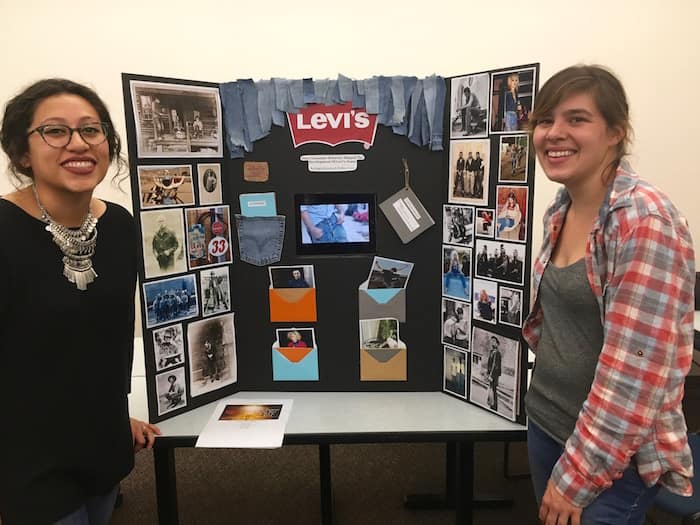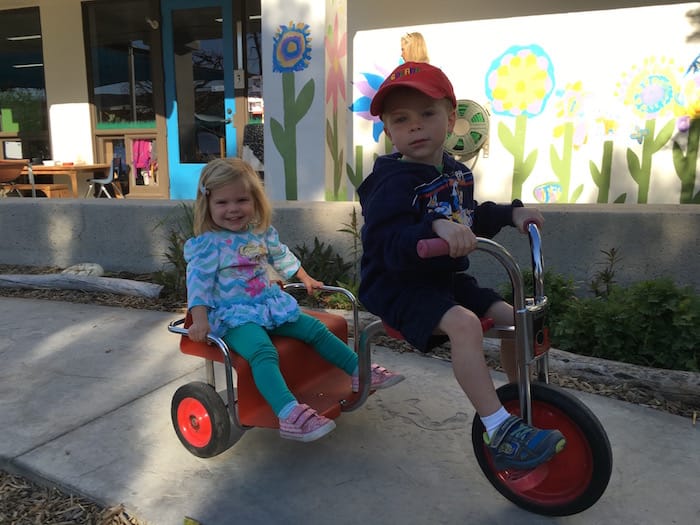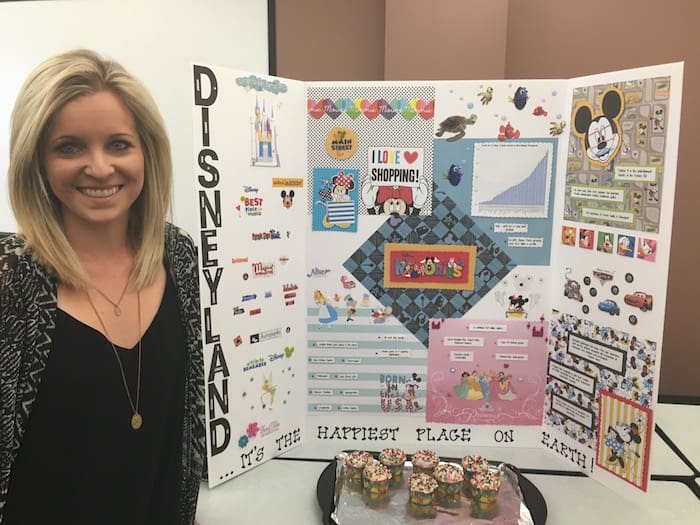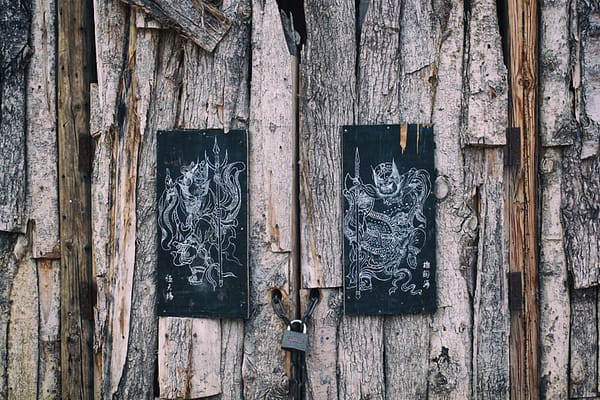My mind is still invigorated from my conversation about public sphere pedagogy with Thia Wolf on episode 101 of the Teaching in Higher Ed podcast.
Something special happens when we have our students take their work public in some way.
Whether I reflect on this past semester's experiments with poster sessions in my Consumer Behavior classes, or when my sales students role played a complex sale with someone they hadn't met before, the excitement of what these learning opportunities present energizes me.
My students were so engaged with the idea that their work could take on a more significant role than an exchange solely with me through the grading process.

The most fertile ground for significant learning experiences takes place within multiple disciplines.
Our educational system seems to be starting to figure this out at the preschool level, but I rarely see examples like this in higher ed. Our son's preschool writes about their curriculum this way:
Learning in preschool is hands-on and integrated. A child’s time outside chasing insects in the garden, for instance incorporates all the ‘dispositions for learning’ as well as cognitive development: science (“What kind of bug is this?” “What do they eat?”); math (“Is it larger or smaller than the other one?” “How many did you find today?”); language (“Monarch Butterflies are orange and black.” “Let’s make up a poem about butterflies!”); social skills (“How can we all see?” “You can have a turn next.”); physical development (running after the butterfly, carefully stepping around plants, manipulating the butterfly net); and creative (painting a picture of the butterfly in its habitat. Dancing and moving like one.)
There is no “math time,” “science time,” or “language time.” Learning is everywhere and happening all the time supported by teachers skilled at looking for and creating moments of discovery and learning based on children’s needs and interests.

I wish there was more of a push to have this paradigm in higher ed.
When we think of our students as producers of knowledge, the vision of higher education is magnified.
I recently came across the theme of Vanderbilt's Course Design Institute and was trying to figure out if there was a way I could attend, even though the application deadline has passed (oh yeah – and I don't work there).
Their site explain the Students as Producers theme as follows:
“Students as Producers” is shorthand for an approach to teaching that helps students become not just consumers of information, but also producers of knowledge, engaging in meaningful, generative work in the courses they take.

[reminder] Were you inspired by something that Thia Wolf shared about public sphere pedagogy, or have you tried something similar in your teaching? [/reminder]



I really enjoyed this episode and think there is even more to say, especially about how public-facing work can be used to build a bridge between school and meaningful employment for students as they approach graduation. Having public poster sessions showing academic work is great for first-year students but what about more senior students who are trying not to become better scholars but to convince people in the professional world that they 1) know what they’re doing, 2) can be trusted, and 3) are interesting to be around?
A few years ago I created something called the POP (Professional Online Portfolio) in order to help UT-Dallas business school students make not just their academic work but their personality, experience, and passions visible to the entire world via a website that they design and have complete control over. Similar to Thia’s experience, we’ve found that when students understand that their POP features THEIR face, THEIR name, and concerns THEIR future, their performance and engagement in the classroom goes through the roof.
The POP is required of all Jindal School graduates before they graduate and so thousands of them are online doing work and working 24/7 to make it more likely that our students are creating positive impressions and opening professional doors. The POP recently was recognized in a global competition by the AACSB to identify the top ‘Innovations that Inspire’ in business education. You can read about that here: http://www.aacsb.edu/about/awards/innovations-that-inspire/recipients/university-of-texas-dallas. I’m happy to say more about our experiences with the POP project if you’re interested! 🙂
Here are a couple of strong POPs FYI:
http://danyalahmed93.wix.com/portfolio
http://andreacastanedae.wix.com/andycastaneda
Anyway, this is just a confirmation of the idea that making work public can be a great way to create engagement and higher quality work from our students, whether that work is targeted at academic or professional audiences. Thanks for your awesome podcast and for spreading cool ideas.
Dear McClain,
Your timing on this is impeccable. We have yet to address the topic of learning portfolios on the podcast and were just talking about needing to address that gap. I’ll send you an email to see if you’re up for sharing more about what you’ve learned.
Bonni
I absolutely agree that college education would gain from being more interdisciplinary, but that’s darned hard given the super-partitioned structure of the academy and how specialized the faculty are. I’d like to see a lot more cross-listed classes co-taught by faculty in different disciplines. It’s so rare now, but it exists. David Easley talks with us on the Teach Better Podcast about his very popular Computer Science / Economics / Sociology class called “Networks, Crowds, and Markets” on episode 43: http://teachbetter.co/blog/2016/11/21/tbp-episode-43/